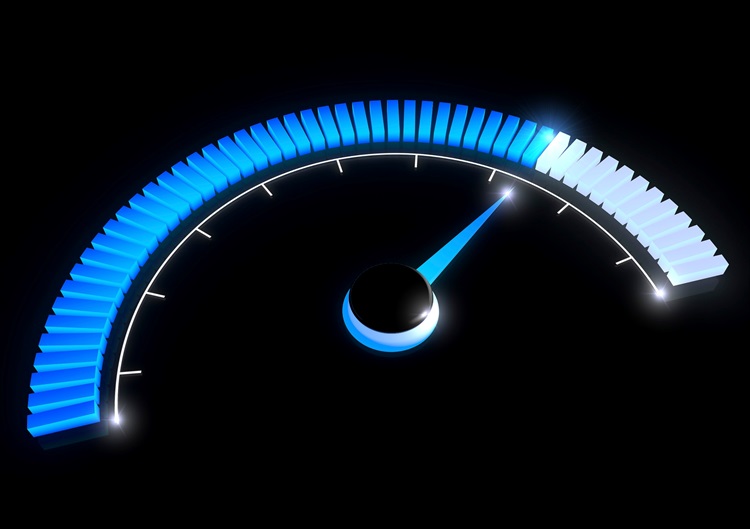connect with us online
Follow us, tag us, or like us. We want to interact with you!

In the rapidly evolving world of technology, internet connectivity plays a pivotal role in our daily lives. Terms like "4G internet" and "1 Gig internet" have become increasingly common, but it's essential to understand the significant speed differences between these two options. Contrary to what you might think, 4G internet is slower than 1 Gig internet. This blog will explore the fundamental distinctions between these two types of internet connections and why 1 gig internet offers significantly higher speeds.
4G, which stands for "fourth-generation, " is a mobile telecommunications standard that offers high-speed wireless connectivity primarily for mobile devices. It represents a substantial improvement over its predecessor, 3G (third-generation), and has transformed the way we use mobile data.
Key features of 4G internet:
In summary, 4G internet is a significant advancement for mobile devices, but it cannot match the blazing-fast speeds offered by 1 Gig Internet.
1 Gig internet, also known as "gigabit internet, " refers to an incredibly high-speed internet connection that delivers data at a rate of 1 gigabit per second (Gbps). This technology is typically delivered through fiber-optic or cable networks and is designed to provide high-speed, low-latency connections for homes and businesses.
Key features of 1 Gig internet:
In conclusion, 1 Gig internet provides exceptionally high-speed, low-latency connectivity that far surpasses the capabilities of 4G internet.
It's important to recognize that 4G internet and 1 Gig internet serve different purposes. 4G is designed for mobile connectivity, offering moderate speeds suitable for everyday mobile device usage. In contrast, 1 gig internet is a high-speed, fixed-line connection that is ideal for demanding applications, large-scale data transfers, and homes or businesses with substantial internet needs.
When choosing an internet plan, it's crucial to consider your specific requirements and understand the speed limitations associated with each technology. While 4G internet is excellent for mobility and basic online tasks, 1 gig internet stands as the clear choice for those seeking lightning-fast, high-capacity internet connections for their homes or businesses.
To learn more about Truvista 1 gigabit high-speed internet, please visit https://www.truvista.net/internet/.
Follow us, tag us, or like us. We want to interact with you!